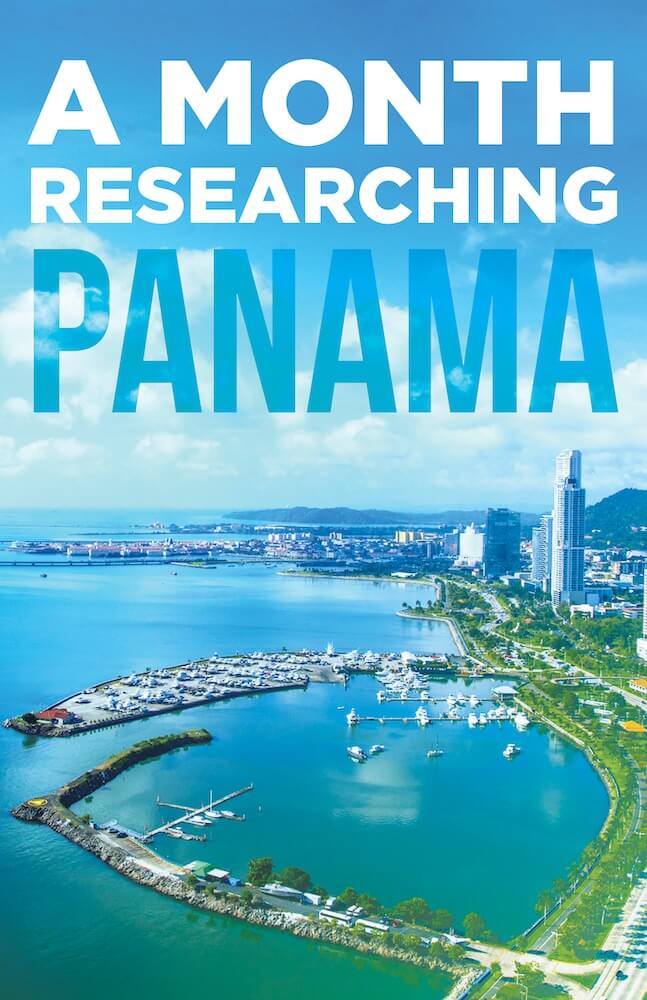As of 2019, nearly half of all baby boomers in the U.S. are already in retirement.
That’s 34 million retired boomers! The other half, it’s probably safe to assume, are planning for or at least thinking about retirement. It’s no wonder a majority of my consultations are with baby boomers considering Panama as their retirement destination.
Often, they want to know what it’s really like to live in Panama as opposed to one of the U.S. retirement meccas such as Florida, Arizona, or Nevada. Cost is always a factor, but recently I’ve had more inquiries about, healthcare, education, the environment, transportation, and social engagement opportunities.
Most of my inquirers quickly ask whether Medicare, the federal health insurance program for people who are 65 or older, is accepted in Panama. The answer, of course, is that Medicare only covers treatment and health services in the United States. With very few exceptions, you will not be able to access your Medicare coverage anywhere outside the United States.
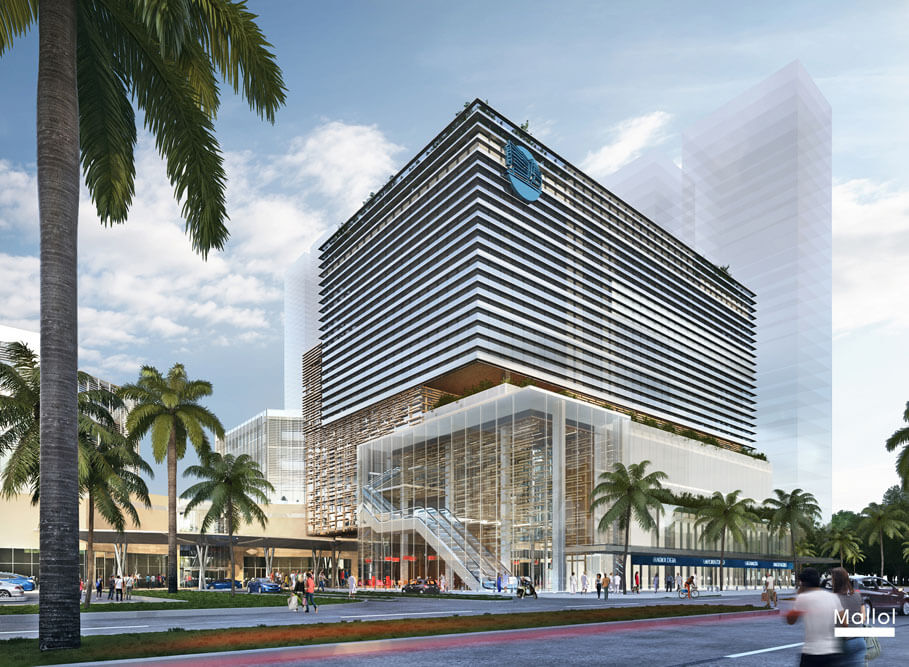
Looking Through the Wrong Lens?
On the surface, that would seem like a fatal flaw for moving to Panama, but it’s not. Healthcare is a contentious issue in the States. Most people will immediately recoil at the answer and dismiss their ability to retire anywhere other than within the U.S. because they assume they need government-provided health insurance. I am quick to offer that they may be looking at things through the wrong lens.
Healthcare is excellent in Panama. Many physicians are trained in the most prestigious medical schools world-wide, the hospitals are well-appointed and English is widely spoken. The difference is that the costs are dramatically less.
I had a client, from the States, tell me her prescription for high blood pressure was $437 a month. Without Medicare, she would be hard-pressed to afford it long-term. In Panama, the cost was $27.45.
No Medicare in Panama
You may not be able to use Medicare in Panama, but you can replace it for less money without compromising quality. Because each retiree is unique when it comes to their individual Medicare coverage, I never attempt to answer all the questions, but rather refer everyone to the government Medicare website. Some people will need to pay for Part B while others have it covered. Having secondary insurance through their retirement makes also a difference.
I had a client tell me she was paying about $165 a month through AARP to cover the gap in her Medicare coverage and I couldn’t help but think that was more than she would pay in Panama for complete coverage. So, when you think you cannot live without Medicare, think again.
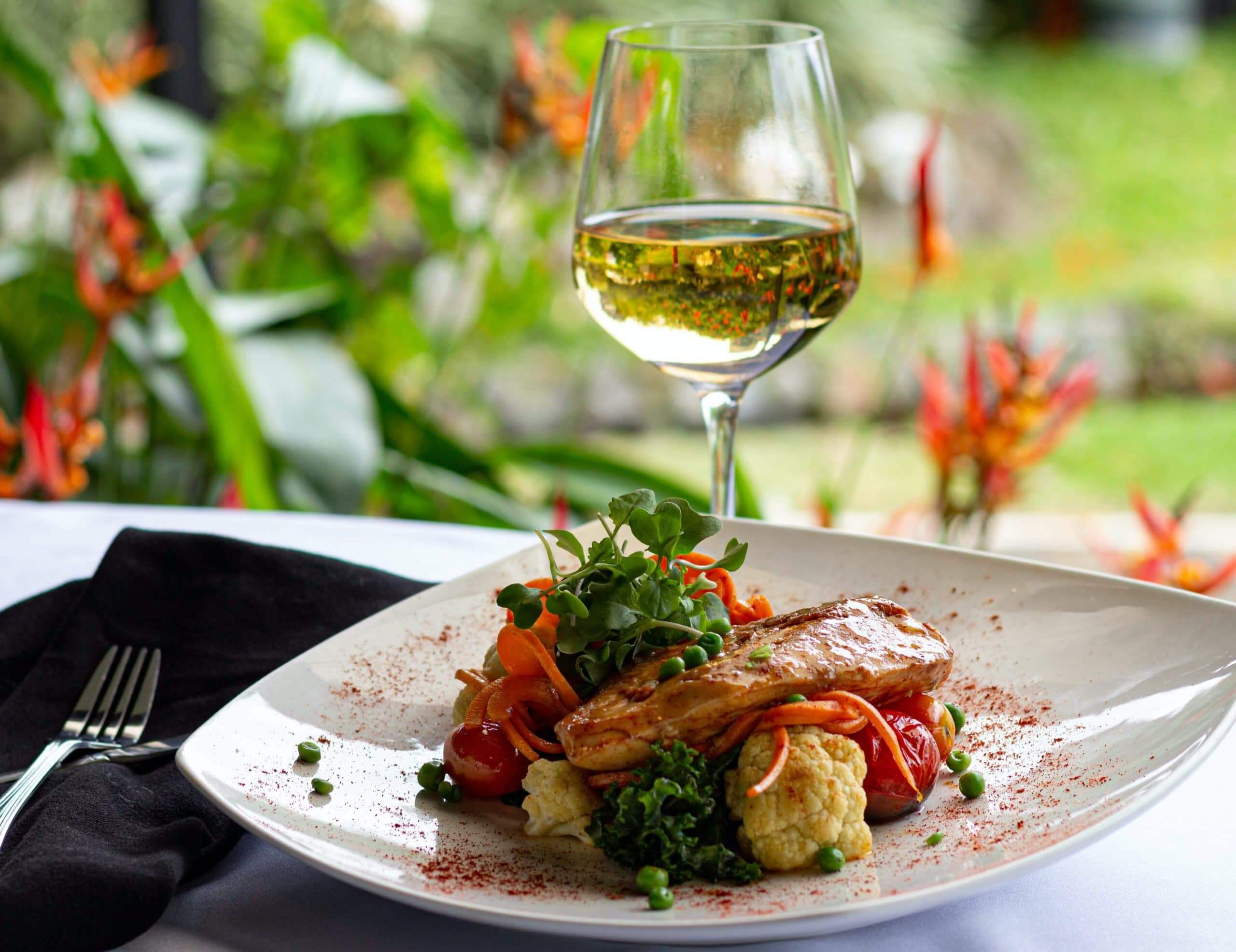
Panama Pensionado Program
In a strategic move to attract more foreign retirees (and property buyers) to its shores, Panama created its famed Panama Pensionado program, which offers a wide range of discounts to retirees in Panama. The only requirement is receiving at least $1,000 a month through their pension, social security, or annuity income. Married couples can combine their incomes to meet the requirement.
Some of the most popular benefits of the program include:
- 20% off medical visits
- 25% off flights (domestic and international)
- 50% off entertainment
- 30% off public transportation
- 25% off restaurants
- 10-15% off medications
Lots of considerations
Of course healthcare isn’t the only thing to consider if you are thinking about living outside the U.S. Housing is generally less expensive in Panama as opposed to the States, but like anything else, it depends on where you choose to live.
You can still purchase an absolute beachfront property for under $200,000 with plenty of amenities. For example, Royal Palm in Playa Gorgona boasts views of the Pacific Ocean along with stunning pools and social areas at prices you can’t replicate in the States. You can find equally good– or better– prices in the city or mountains, whether you’re looking for something modern and luxurious or charming and comfortable.
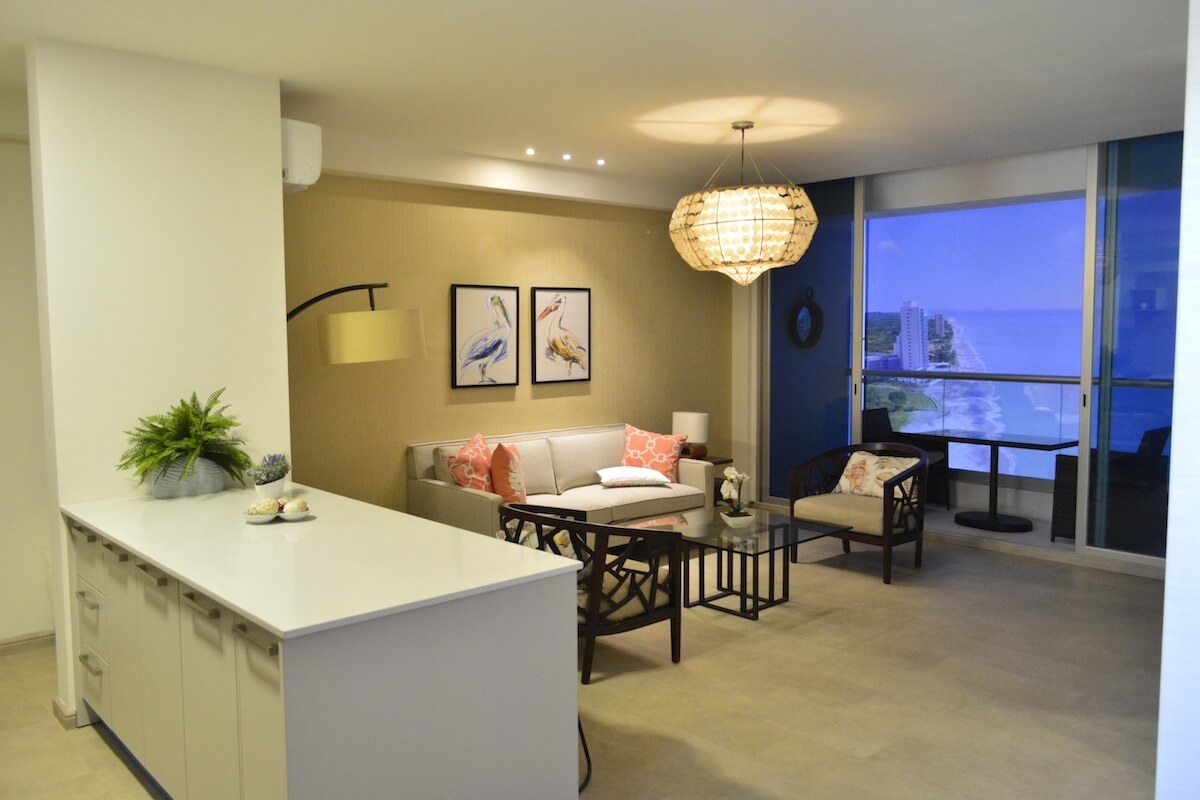
A Pleasant Social Scene
The social scene in Panama is warm and embracing. Panamanians in general are very welcoming, but I find that most times expats form strong relationships with other expats. There are always new people coming and going and from a variety of countries. Age groups tend to comingle more– a social group will have retirees as well as young families who have been transferred to Panama for business.
People who move abroad tend to be interesting people. Many expats say the delightful social scene is one of their favorite aspects of living in Panama.
Panama will provide some surprises
The U.S. is a first world country and it shows in the infrastructure. Roads are good, the electricity is functional, fast food restaurants are on every corner and you know exactly what you are going to get when you order that combo meal number three.
In Panama, there are surprises. Roads are getting better, but if you venture very far from Panama City, or even on the back roads of the city, you will experience potholes and tight parking spaces. Panama City boasts the only metro in Central America and there are plenty of fancy new public buses.
Panama City, until recently, has always received the lion’s share of the infrastructure dollars. Now, roads out in the country are beginning to be repaired and built to higher standards, but it’s still a bit of the wild, wild west.
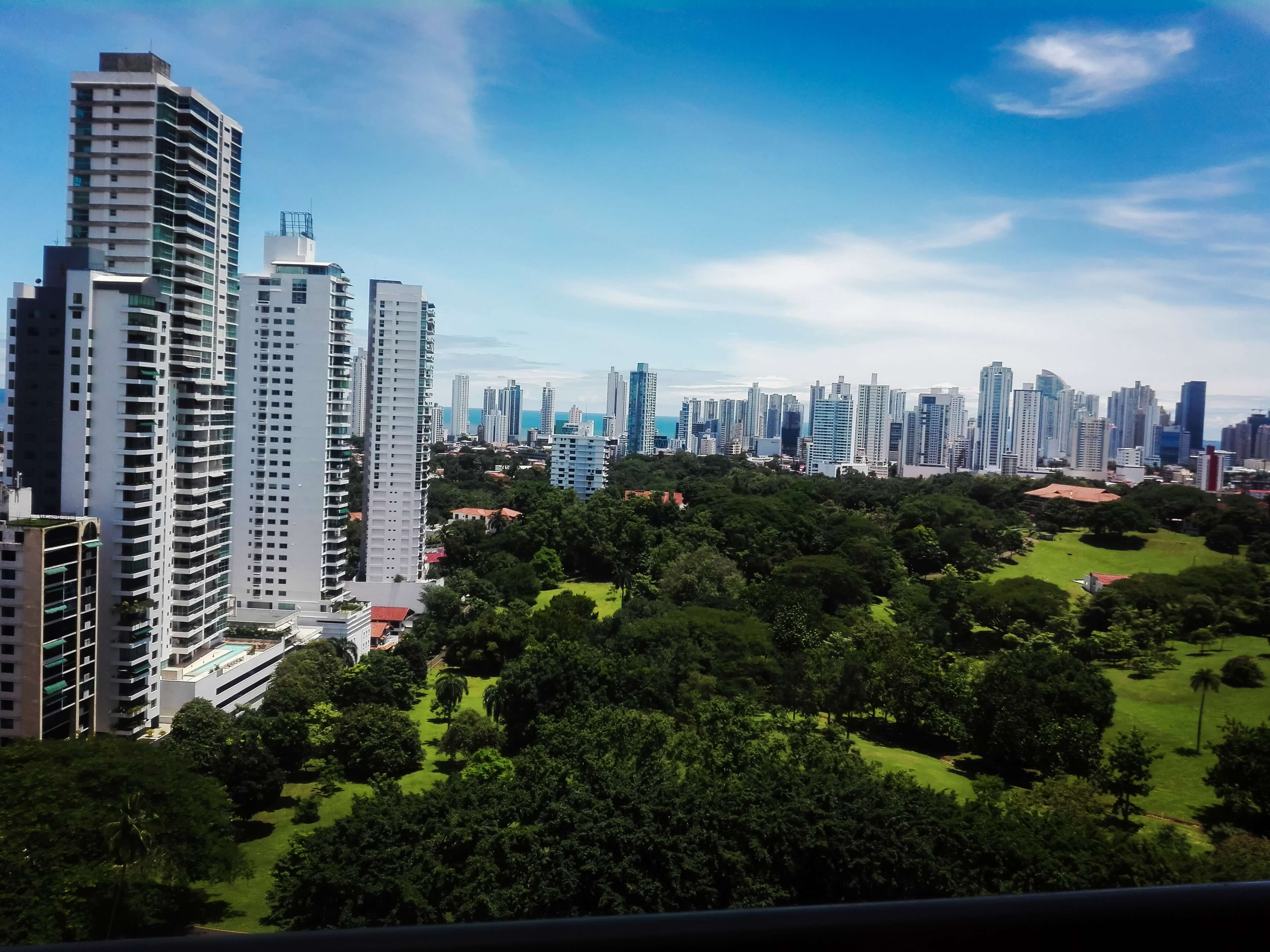
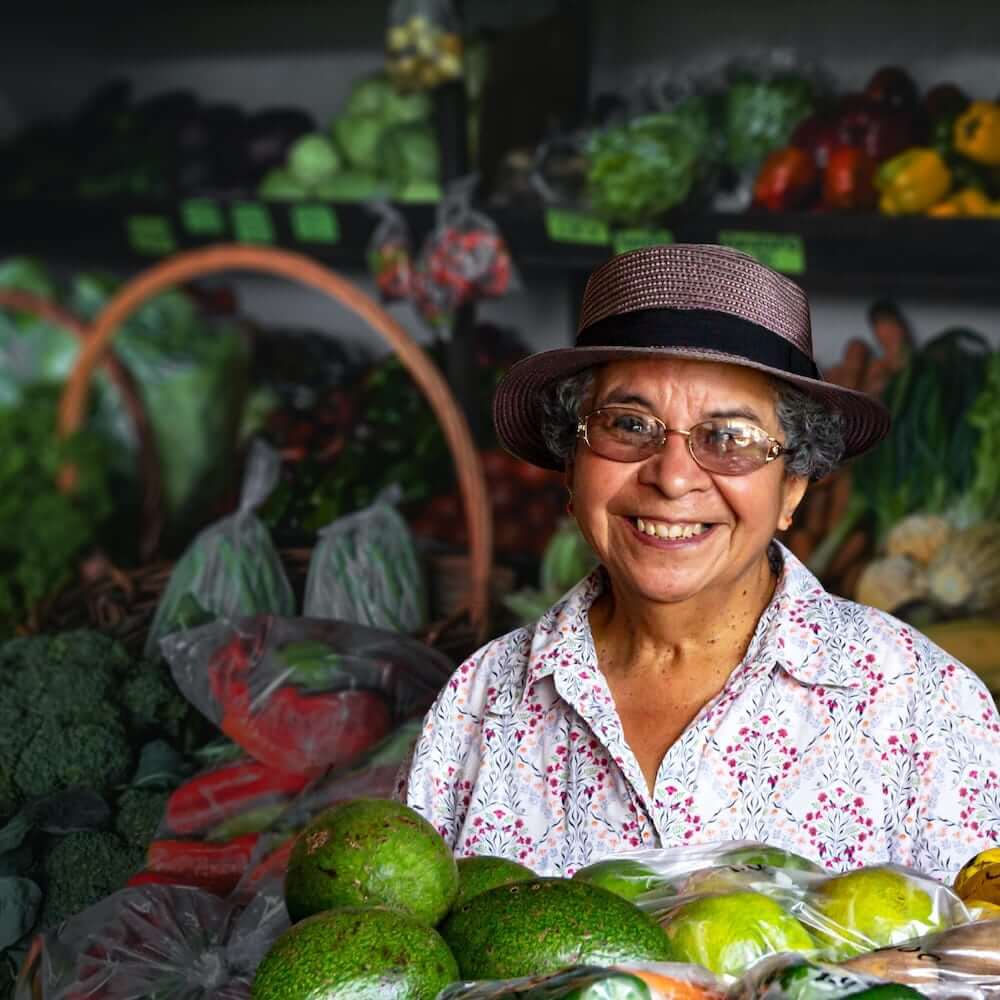
What About the Language Barrier?
Panama is a Spanish-speaking country. While hotels and other businesses catering to expats will offer English-speaking associates, you won’t have as much luck at the corner store. The current government is very committed to having a bilingual population within the next 25 years and lots of money is being allocated to make it happen.
The good news is, getting the basics of Spanish down is fairly easy. You don’t need to be fully bilingual to order a coffee or ask for directions.
Many retirees who move to Panama will learn a “foundational Spanish,” and find that’s enough for them. Panamanian culture is extremely friendly– if you at least try to use a few Spanish words, they’re typically willing to help out with gestures and any English words they do know.
Many retirees also find they enjoy the challenge of learning a new language. It can be fun to learn something new, particularly if it’s been a while! Language lessons and conversational meet-ups are a great way to make new friends and integrate with the community.
Panama is a foreign country and there are things which will be “foreign” to anyone who moves here from the United States. The food will be different even if the grocery stores are large and carry just about everything you can find in the States. And, if you are taking the escalator up to the second floor and have a shopping cart, you’ll need to park your cart in a contraption that will automatically move the cart while you ride next to it. Different, but efficient. You can certainly get the hang of it while enjoying more for less.


